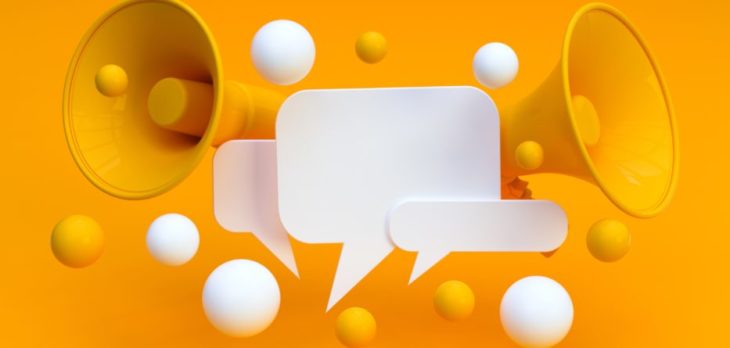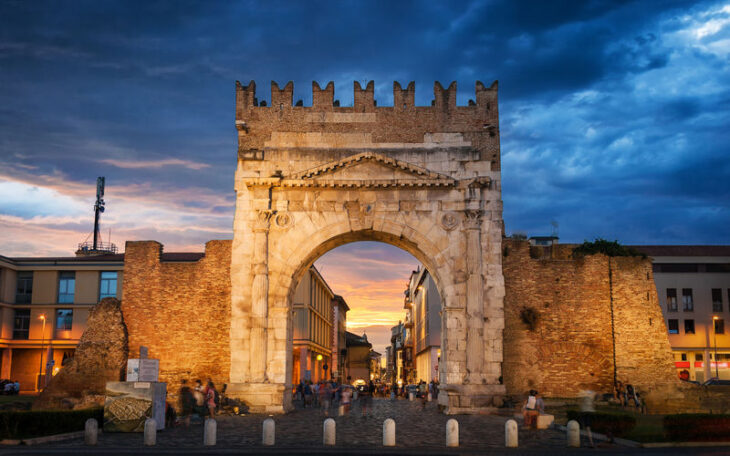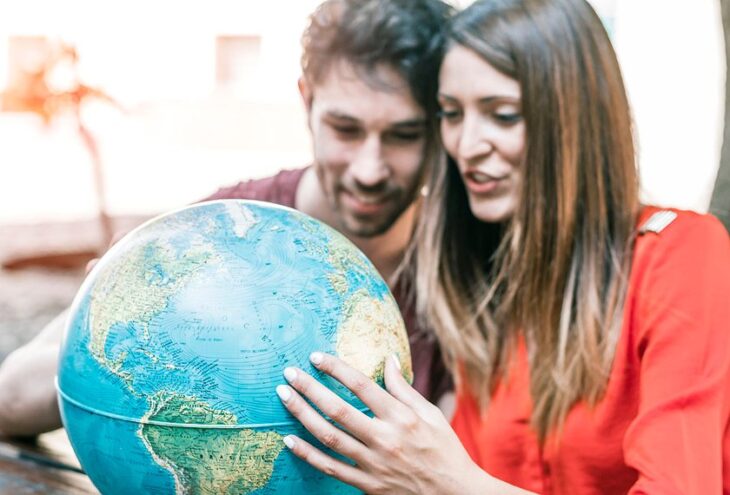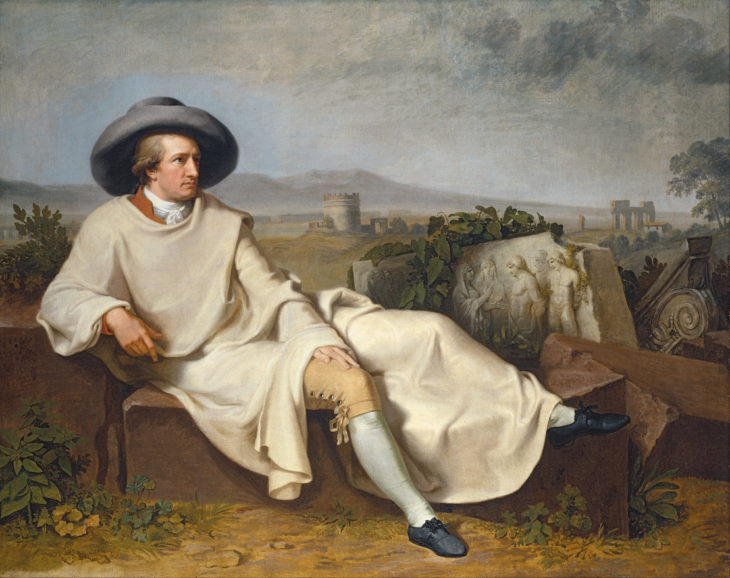“The whole purpose of education is to turn mirrors into windows.” (Sydney J. Harris)
Equality and inclusiveness are part of the fundamental values of the European Union and are formalized in the EU treaties. They are an important aspect in the Erasmus program but with Erasmus+ 2021-2027 they become key themes for the funded projects and for all the participating subjects.
The Erasmus+ and European Solidarity Corps programs play a key role in developing more inclusive and cohesive societies in Europe, capable of growing in diversity. Erasmus+ promotes equal opportunities and equal access, inclusion, diversity and equity in all its actions.
The strategy based on inclusion and diversity covers all areas of the program and aims to broaden and facilitate access to funds to a wider range of organizations and to involve more effectively a greater number of participants with fewer opportunities. It also defines a reference framework for projects that intend to address issues related to inclusion and diversity and proposes indications for overcoming the obstacles that different target groups may encounter in accessing such opportunities, in Europe and elsewhere.
What are the obstacles to participation?
Access and participation in the program, and more generally in quality learning paths, can be affected by significant obstacles of various kinds:
• physical, mental, health problems;
• barriers related to education and training systems such as early school leaving or the condition of young neets or adults with low qualifications;
• cultural differences eg. individuals from a migrant background and refugees, national or ethnic minorities, sign language users, for people with difficulties in linguistic adaptation and cultural inclusion etc;
• social obstacles, family circumstances, addictions, marginalization;
• economic disadvantage, precarious situations, long-term unemployment or poverty;
• discrimination based on gender, age, ethnicity, religion, beliefs, sexual orientation;
• geographical limits eg living in remote or rural areas, on small islands or in peripheral / outermost regions, in less developed areas, in third countries.
The Guidelines drawn up by the European Commission, starting from experiences in the various sectors, contain:
• shared definitions and specific objectives related to inclusion;
• description of the measures available to organizations and participants in the Program;
• sources of inspiration and good practices in the area of inclusion and diversity.
More tools in favor of social inclusion, greater attention to all those who, even with an interest in a cultural exchange, would not have the opportunity to participate without help.
The 2021-2027 measures for the Erasmus + and European Solidarity Corps programs include:
• specific financial support and priorities in the selection process for people with fewer opportunities, in order to cover any needs;
• personalized help in all phases of the project eg language support, preparatory visits during and after the project;
• an aid to participating organizations through complementary funding to strengthen capacity building and training and networking activities in the field of inclusion and diversity;
• a wider range of project and mobility opportunities, with different durations and formats (virtual or physical, individual or group) to allow all participants to find what best suits their needs;
• Clearer communication and reporting – the Commission, national agencies and all actors involved at national and local level will ensure the availability of more user-friendly, accessible and multilingual documents and materials.
The Commission will further develop its monitoring and reporting activities to better track the progress made on inclusion.
Follow us for further information on the topic…
Written by Federica Summa



















